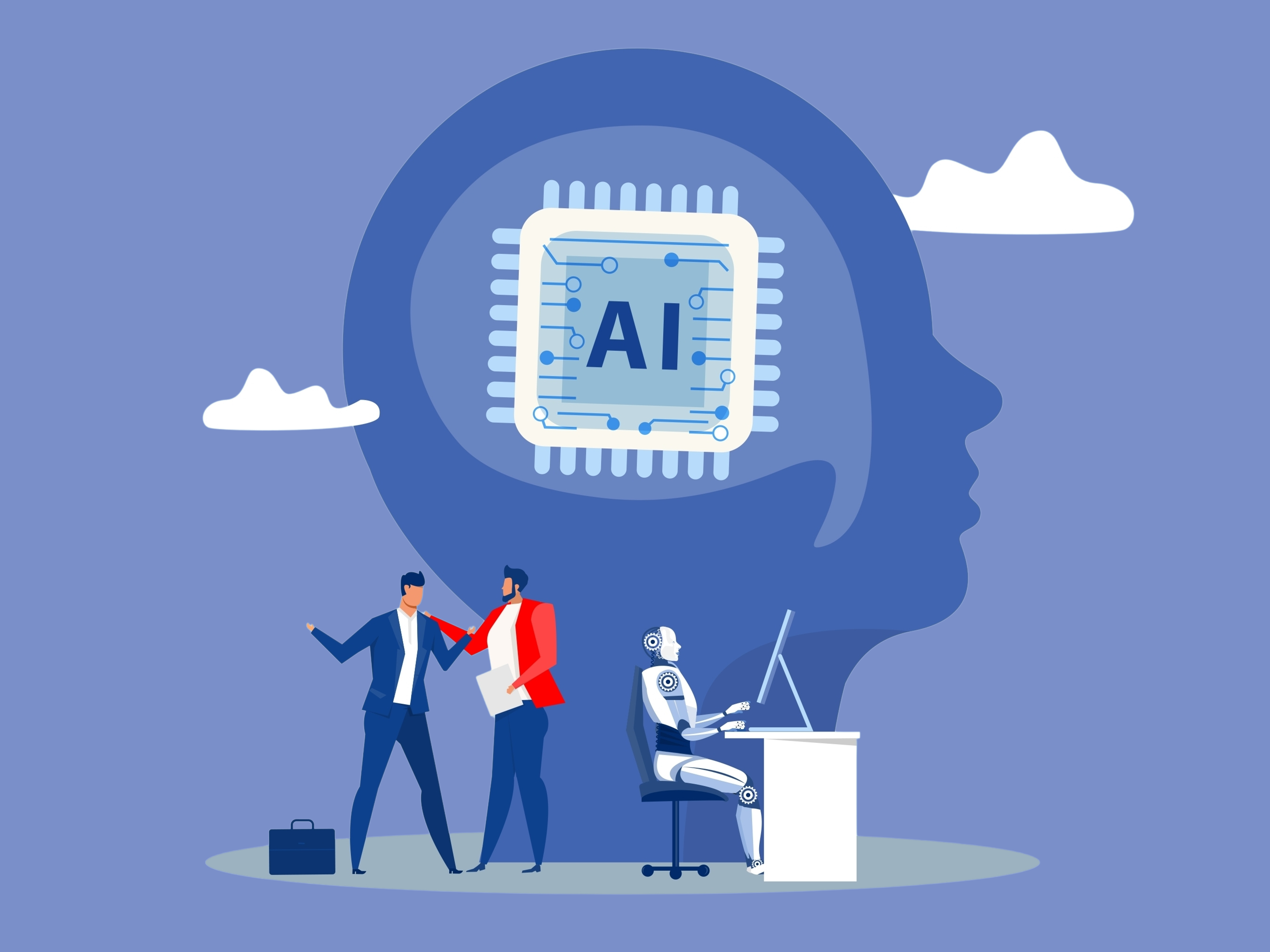
AI in Marketing and Communications: How Is It Shifting Demand for Skills?
It wouldn’t be an exaggeration to say that Generational AI (GenAI) has the potential to reshape almost every industry, including communications and marketing. The last technological breakthrough of this scale to affect our specialist sectors was probably the advent and increased use of email and instant communications; but AI could have an even greater impact. However, there’s an element of confusion around AI in marketing and communications versus automation and machine learning.
So, what is AI, how will it impact the sector and what does it mean for marketing and communications recruitment?
AI Uncertainty
Artificial intelligence is everywhere at the moment. AI powered tools are being mooted as the potential solution for the vast majority of challenges. But it is also the root cause of several potentially problematic issues. While we won’t get into the ethics of using these tools, we are keen to explore one prominent point that is lingering, namely that there is far too much uncertainty around what AI actually is.
The reality is that various forms of artificial intelligence have existed almost since the dawn of the first computer. It’s only recently that its potential uses have broadened in line with wider technological developments. For the purposes of this article, we’re talking about Generative AI specifically – although I’m sure we will touch on other forms, and the differences between AI and automation, in future blogs.
These technologies, notably AI generated content platforms like Copy.AI and ChatGPT, are already having a major mark on the communication and marketing sectors, and professionals working within them. In the not-too-distant future, it’s likely that they will have a major impact on the ways that these sectors operate at a fundamental level.
The main focus of responsibilities handed to AI thus far has been focused on tackling some of the less glamorous tasks that form part of the day-to-day activities of communications and marketing professionals. These include areas like customer segmentation, data analysis, social media posts and general marketing content creation.
What AI isn’t, though, is an automation tool that allows for the manual set up of general processes. Artificial intelligence is far more intuitive in that you ask it to do something and it leans on its own research and understanding to complete that task, often in a matter of seconds. It will take a deeper look into customer journeys and buyer behaviours to offer recommendations that are insight driven. Think of it as a peer supporting with strategy rather than a pre-programmed tool that follows the steps you have instructed it to.
It’s clear that the initial role of AI will only expand and we’ve no doubt that the marketing strategy of the future will have a clear section for artificial intelligence alone. But for the time being, it is being used as a tool for data-led ideas to help already overloaded marketing and communications teams.
Changing Roles
The obvious impact the rise of AI will have on skills requirements is a greater focus on the technological elements of roles. Employers will naturally be on the lookout for those who can combine communication skills with digital expertise. This isn’t a major shift; while marcomms has historically been a more ‘manual’ discipline, the market has already evolved and the majority of modern-day professionals will have an understanding of various platforms and the role they play.
However, the focus – particularly at early career levels – will likely be on those who can possess, or develop, a combination of traditional and technological competencies. As we’ve already mentioned, AI is intuitive, so people need to be able to understand the technology and how it works, not just be able to use it. This will be the case for every remit and you’ll be hard-pressed to find many sectors that won’t require more tech know-how in the future.
But, as Newton’s Third Law states, for every action there will be an equal and opposite reaction, and that will likely also be the case in marketing and communications. As AI takes over the majority of the more process-driven and administrative tasks, the value of truly human attributes will only increase. Elements like emotional intelligence, communication and creativity – to name a few – will also become more sought after, as they can’t be delivered by technology to the required standards.

Striking a Balance Between AI and People
We’ve already seen early signs of pushback against AI in some walks of life, and its growing emergence will see the weight placed on these human and emotion-based competencies increase. This means that possessing these skills will make professionals more valuable to businesses and therefore place them in greater demand. Businesses will increasingly seek those who can create and deliver communications and marketing campaigns that resonate with their audiences. Regardless of recent and ongoing advancements, we seem to be some way off achieving this with AI.
It would be naïve to believe that the potential roles and responsibilities of AI won’t advance further, particularly with the speed of technological evolution that we’re seeing. However, for the time being, the rise of AI will only increase the value placed on strategic thinking, empathy, emotion and the various other traits that make us human. We anticipate seeing a greater focus on these elements of marketing and communications roles in the short to medium term future, and we will be on hand to help employers and professionals alike navigate through these exciting times.
Whether you’re looking for a marketing executive who is starting out in their career or a seasoned marketing director, finding someone who has the passion and ability to harness the power of AI to improve the customer experience and content creation needs to be top of your list.
That’s where VMA GROUP can help. Our team includes a range of communications and digital marketing experts who are using their knowledge of the marketing landscape to help connect employers with the best professions.
*****
Contact the team today to find out how we can help you.
